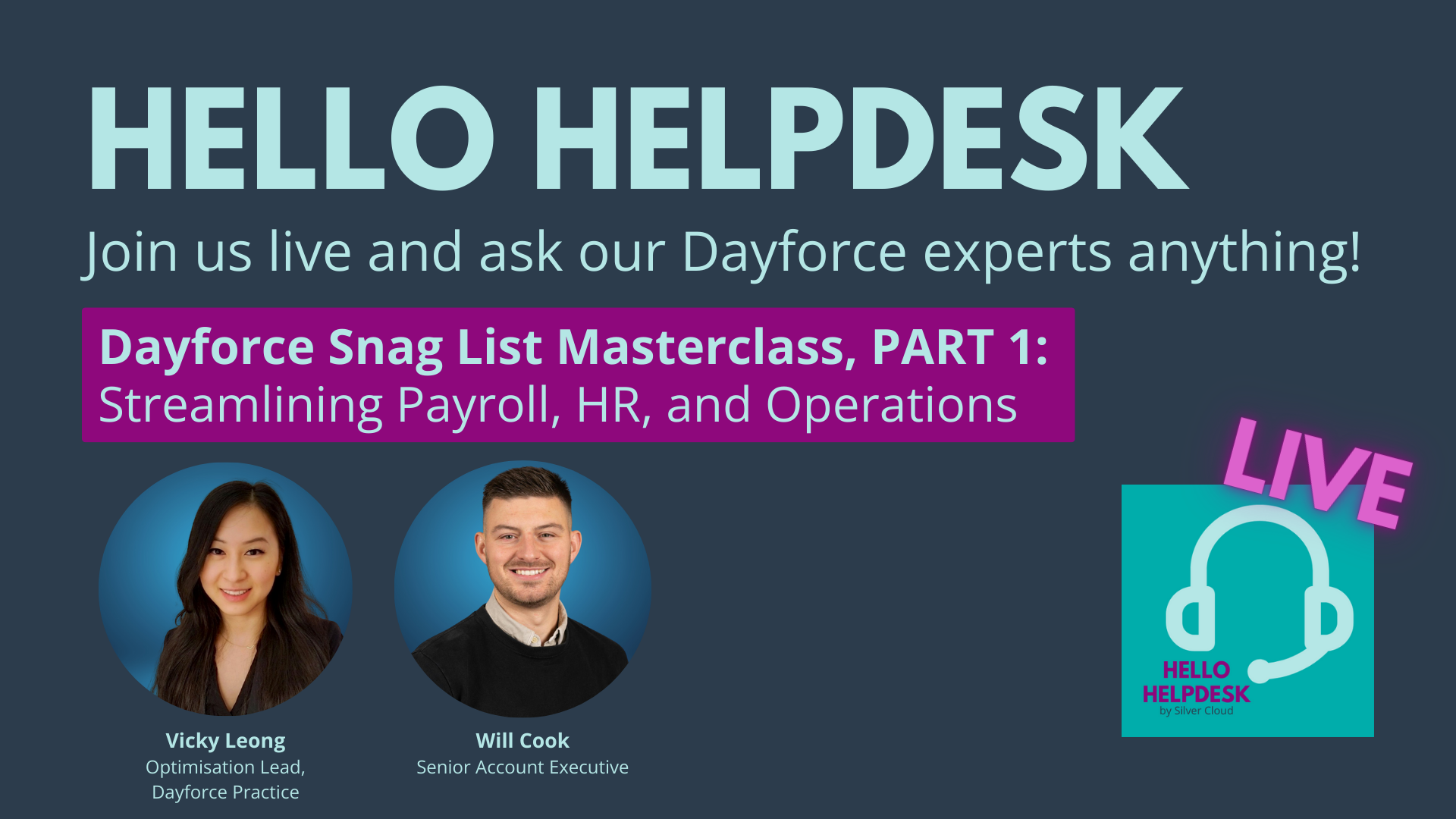Is becoming a skills-based organisation right for your business?
by SJ Hood
Although the term has been around for over a decade, recent years have seen a significant upswing in ‘skills-based organisation’ interest. It seems that businesses of all sizes and industries are looking to build that capability. And with AI becoming more accessible, creating a skills-based organisation could be easier than ever. This is especially true as HR tech vendors provide more and more features that support this organisational structure.
But what is a skills-based organisation?
Ultimately, a skills-based organisation is one designed to meet its growing and changing skills needs through recruitment and people development. Rather than being led by job titles and positions, it’s led by the skills and competencies of the employees. That means that organisations which, in the past, may have based career progression on role availability would switch to progression based on the need for and development of skills.
The benefits (for companies and employees)
We are facing a strange skills gap right now. With the advent of AI, the skill landscape is more confusing and fractured than ever. It means, too, that what we consider ‘critical’ skills has shifted.
This has led to a need to re-think the way we fill that gap. Rather than constantly opening new roles, we can focus on the skills required and find ways of identifying or fostering those skills within our organisations. We can also make sure that, when we do hire, we’re looking at the full skillset of a person rather than job titles held.
Benefits of a skills-based organisation for businesses
Skills-based organisations are great for the organisations themselves. In addition to increasing productivity and streamlining your talent strategy, there are even more benefits for companies making the switch. A few of them are:
- Lower turnover – More engaged employees with greater opportunity for development are more likely to stay with a business longer
- Increased resilience – If someone with key skills leaves the business, you’ll be able to tap into skills that still exist in the team while finding the right skillset to rebalance.
- Better agility – You’ll be able to adapt more quickly to changing business needs if you are able to look at skills first rather than focusing on job titles.
- Boost DEI – Creating a talent strategy based on skills can open opportunities to marginalised groups by removing barriers to entry.
Benefits of a skills-based organisation for employees
This shift towards skill-focused strategy isn’t just good for employers – it makes working life better for employees too! Here are a couple of clear benefits:
- Better development opportunities – Development opportunities will be more focused on skills and growth that is meaningful to the employee.
- Increased job security – With a wider range of skills to tap into, employees can more easily find new roles in instances like restructuring.
- Greater sense of well-being – When employees can use more of their skillset and bring more of themselves to work, they tend to be more fulfilled and happier.
Challenges
Although the benefits of a skills-based organisation are many, this approach does come with its own set of challenges.
First off, adoption. People tend to be stuck in their ways and this is not a small change. You’ll need to have a clear, comprehensive change management plan in place to keep the momentum for a change like this.
Having the right tools in place to make a skills-based organisation work can also be a challenge. As we mentioned at the beginning of this article, new technology is making this shift more and more possible. But for most businesses, this will mean bringing in a new system. Or, at the least, implementing new parts of their existing systems.
Because it’s a total strategic shift, there are a lot of elements to consider, so you’ll need to take the time to create a thorough plan across the full lifetime of the project. If this is something you want to do, but tackling the end-to-end planning feels overwhelming, this is an ideal situation to bring in a third-party consultancy.
Tips for implementing a skills-based organisation
Transitioning to a skills-based organisation requires a strategic shift. HR technology is a great way to support that effort. It helps to identify, develop, and deploy talent in a way that makes an impact. AI- and data-driven recruitment and internal talent metrics make a skills-first approach possible. These tools make sure employees are matched to roles and projects based on capabilities instead of traditional job descriptions.
Continuous learning is also a key factor in skills-based success. Many platforms even help identify upskilling opportunities, while performance management tools can help track and enhance workforce competencies. Predictive analytics also support workforce planning by forecasting future skill needs. This gives businesses the power to stay agile and ready for industry changes.
Your HR tech stack is your biggest success factor for creating a skills-based organisation. To reap the benefits of resilience and adaptability, you have to invest in AI and automation that will help you identify skills, create opportunities for learning and help you realise a new way of thinking about talent and recruitment.
Is a skills-based approach in the cards for your business? Need help finding the right tools to make it happen? Talk to one of our experts today!



